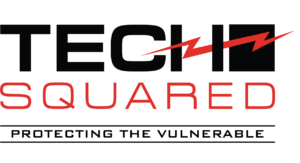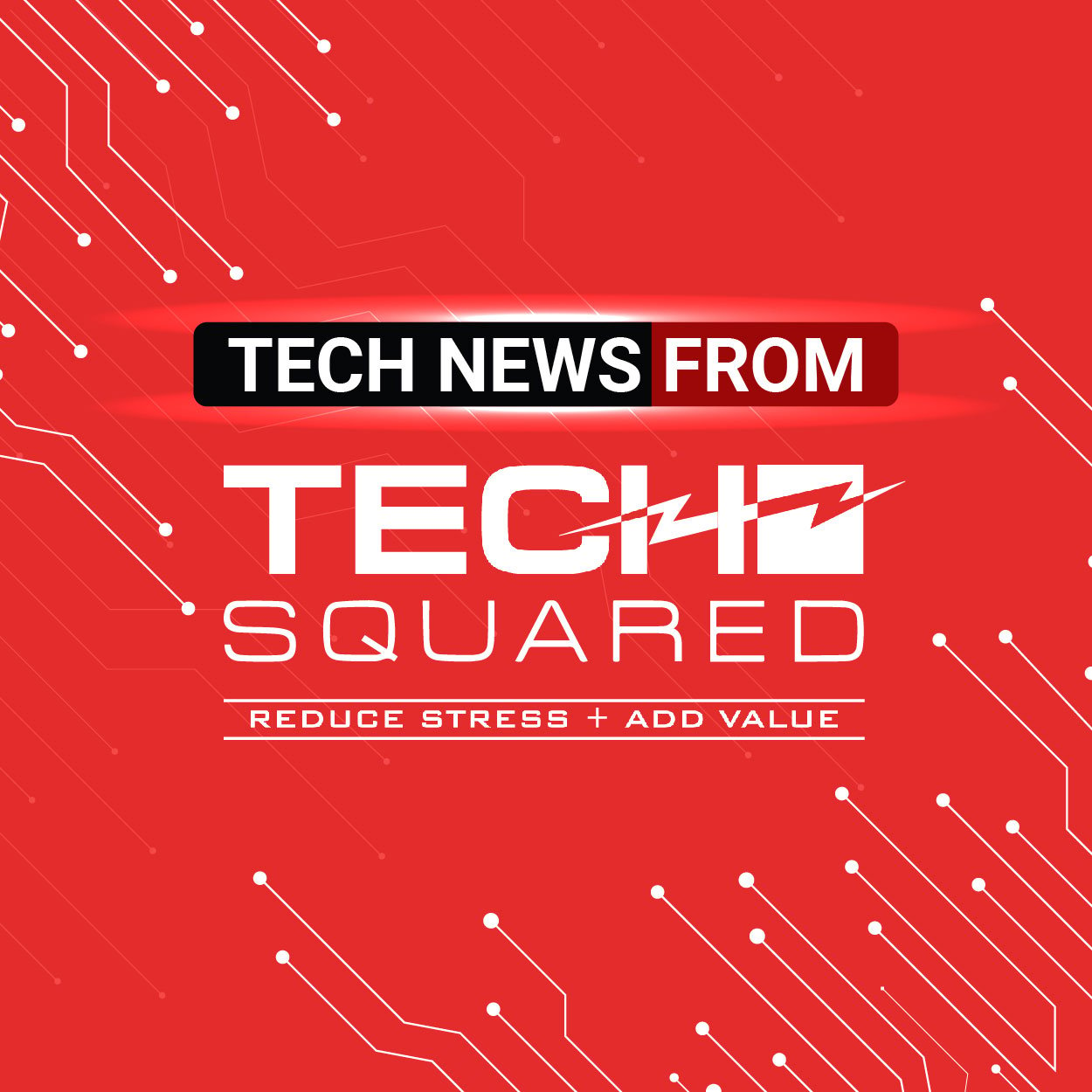Of all the workforce adjustments and trends of the past few years, the move to remote and hybrid work environments is a major one that requires considerable IT support and intervention. There is no denying that remote work is here to stay; a recent Buffer survey reveals that 98% of workers want the option to work from home, and 82% are currently working from home, on at least a part-time basis.
While there is a myriad of positive outcomes that correlate to remote work, given our increased reliance on digital tools and processes, it also comes with some risks and challenges. As working remotely has become more of the norm, the managed IT support industry has been quick to adapt to keep up with the changing demands of a dispersed workforce.
Key IT Support Considerations for How to Manage Remote Workers
As businesses embrace the benefits of remote work, the demand for Managed Services Providers (MSPs) that cater to remote teams continues to rise. Here are four key considerations that managed IT support providers have kept top of mind during this mass migration to hybrid and remote work.
1. Use of Personal Devices
In recent years, Bring Your Own Device (BYOD) policies have become increasingly popular in workplaces. This trend can be attributed to several factors, such as the rise of mobile technology and the desire for employees to use devices they are familiar with. Additionally, BYOD policies can provide cost savings for companies as they don’t have to purchase and maintain devices for employees.
BYOD is not without its risks, though, as unsecured devices can become a gateway to potential cyber-attacks. To safely accommodate personal devices, organizations must enforce strict security policies, such as requiring strong passwords and regular updates, along with providing employees secure access to company data through virtual private networks (VPNs) or secure cloud services.
A remote ethernet device is also a must-have for combatting cyberthreats. These devices enable remote workers to securely access company applications and data without the risk of compromise. So, if a kid’s iPad gets infected, the other devices on that home-based network can avoid being compromised.
2. Heightened Security Protocols
In traditional office settings, organizations could rely on physical security barriers – such as access control systems – to protect confidential data and business assets. However, remote working environments offer no such physical barriers, exposing companies to a range of cyberthreats ranging from phishing attacks to data breaches to ransomware.
Heightened security measures are imperative in a remote work environment to safeguard company and client data against potential cyberattacks. This requires providing employees with secure remote access to company networks, implementing strict password protocols, and ensuring that all company-owned devices have adequate antivirus and firewalls installed.
Work anywhere securely and efficiently with Tech Squared. We’ve got you covered.
3. Ensuring the Right Tools for Remote Working Success
Speed and connectivity are as critical for remote workers as they are for on-premises workers. Lots of legacy applications are not cloud enabled. This is where Citrix comes in, providing a range of solutions to support a good remote working environment. From virtual desktops and secure file sharing to video conferencing and application delivery, Citrix ensures that employees have access to the tools they need, no matter where they are working from. With Citrix, businesses can rest assured that their employees are supported, connected, and productive.
4. Voice and Phone Support
Another key consideration is phone usage. Many organizations default to simply allowing their employees to use their personal cell phones. Because of the associated risk in this, there is significant value in driving phone traffic through a VoIP phone system.
When using their personal phones, employees are unable to separate work from personal life. This could mean that they are accepting calls during days off and on vacation. And if they leave the organization, it means the phone number leaves with them, which can compromise client relationships. On the flip side, using a VoIP phone application can save companies money on cell phone bills and reduce the risk of employees using their personal devices for non-work-related activities. Companies also have the ability to control the features available on the application, such as blocking certain numbers or monitoring call recordings. Additionally, it allows for easier management and tracking of employee phone usage.
Make Remote Work an Asset for Your Organization with Tech Squared
We’ve said it before, and we’ll say it again: remote work is here to stay. The organizations that are going to prosper and succeed are those that embrace that fact and manage and mitigate it appropriately.
Tech Squared, a local Nashville managed IT services provider, can help you do just that. We have been in the remote working game for two decades and we know how to build seamless remote work infrastructure. Let’s connect today and discuss your organizational remote work needs.


